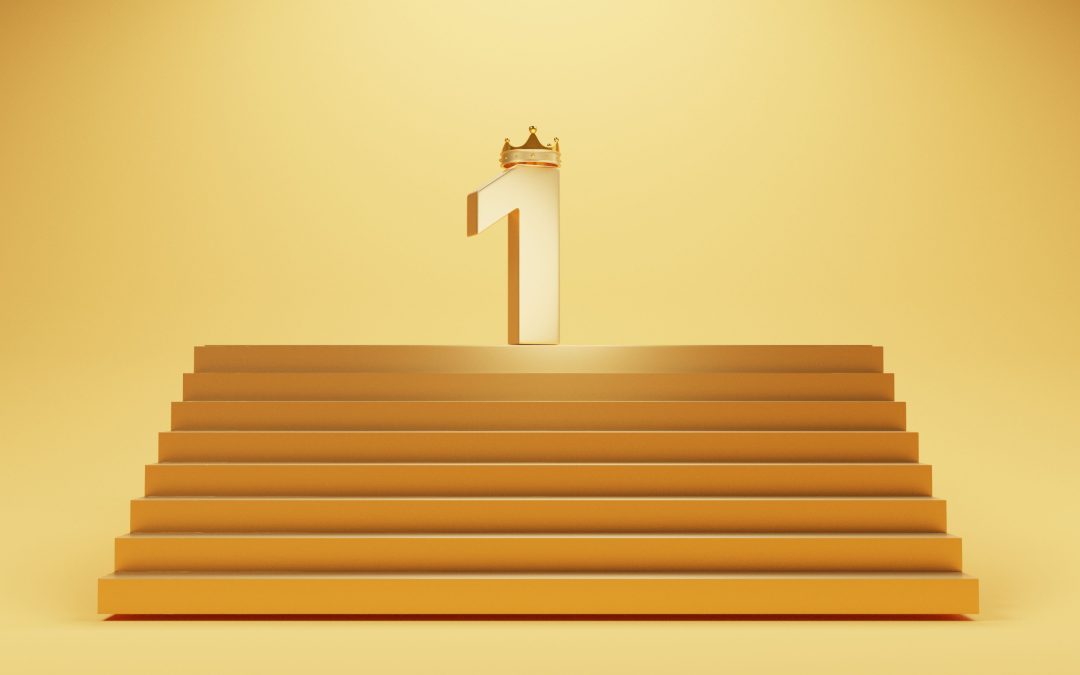On any given day, when you visit the bestselling books on Amazon, you’ll observe a few trends:
- Many of the top 20 bestselling books are fiction. As I am writing this, 6 of the top 20 are fiction. TikTok sensation Colleen Hoover holds three of those bestsellers including #1. Also often in the top 20: cookbooks and childrens’ books. While the top 20 also contains a high percentage of nonfiction titles, most of those are celebrity-driven biographies.
- On most any day over the last several months, only one business book is listed among the top 20 bestsellers: Atomic Habits by James Clear. This book has nearly 87,000 reviews.
- Of the books on the top 20 listing that are not in pre-order status or recent releases, all have a minimum of 1,200 Amazon reviews with most having reviews numbering in the 10s of thousands.
Even though business books rarely rise to the level of commercial success enjoyed by Clear for Atomic Habits, what is obvious to me is that the number of reviews is an important barometer of a book’s success. If enough copies of your book are in the world, and if your book is well-received, Amazon reviews amass organically. An author’s work early on provides a foundation upon which those later organic reviews can be added. Those of us who are fortunate enough to expand our work to growing audiences will see our review count grow, but it takes time.
Of the books I’ve been watching this year, Whitney Johnson’s January release of Smart Growth, a Wall Street Journal and USA Today bestseller, has 220 reviews. Dorie Clark’s The Long Game, released a few months earlier in September 2021, also a WSJ bestseller, has over 600 reviews. Michael Bungay Stanier’s January release, How to Begin, has over 300 reviews, compared to his earlier book, The Coaching Habit, a perennial bestseller, which has a whopping 8,500 — but over 8 years.
I have been watching The Coaching Habit since it launched in 2016, when someone on the team of the author Michael Bungay Stanier offered me a free review copy. I accepted! Six years later, it has an astounding number of reviews. Every author— at the beginning —must proactively fight for every Amazon review.
It’s overwhelming to worry about reaching the huge number of reviews that bestsellers amass over years. If you’re just getting started, it can be helpful to set and work toward modest goals. Aim for 25, then 50. Once you get to 50, you can work toward 75, and then 100 and beyond.
When I launched my book in April, it took 73 days to get to 100 reviews. I am nearly to 120. My next goal is to reach 150. I know that the more books I sell and give away, the more potential reviewers I will have.
Getting reviews from the beginning is critical — and harder than any author imagines.
Amazon reviews provide social proof about a title. That’s why seeking early Amazon reviews is very important for any author. The first reviews added on a book almost always come at the request of the author, who is strategically sharing advance copies of their books in order to obtain those early reviews.
Informed buyers notice and read a book’s reviews before purchasing. Many times, they will see the reviews as more important than your book’s description and will look at the reviews to find out if the book sounds like it is for them. So, getting a respectable number of reviews in the early months after your book is released is helpful for increasing the sales of your book.
If you want to be a perennial seller, you will eventually have hundreds, if not thousands of reviews, but the hard work for the initial reviews is something you can influence and lead.
A critical mass of early reviews can lead to more buzz for your book. More buzz leads to more sales, and as your book sells more, the number of reviews will increase as well.
To receive a review, you need to ask for a review.
Asking for Amazon reviews can feel uncomfortable for some authors, but few people will remember to leave a review unless you ask.
If people give you feedback about your book, verbally or in an email, it’s the perfect time to follow up to ask for a review. Try this:
Thank you so much for that feedback. Would you be willing to share those thoughts with a brief review on Amazon?
If you know someone has read your book and hasn’t left a review, it may be helpful to share why reviews matter:
Would you be willing to leave an Amazon review to help other readers know about the value my book offers? A few simple sentences will help others learn what’s helpful in my book.
For additional learning on the topic of Amazon reviews:
Read Why Amazon Reviews Matter, How to Get 100 Amazon Reviews in One Day
Listen to “Why Are Amazon Reviews Important? On The Book Marketing Action Podcast.
Watch “The Most Important Book Marketing Investment”

I am the founder/CEO of the Weaving Influence team, the author of Reach: Creating the Biggest Possible Audience for Your Message, Book, or Cause, and the host of the Book Marketing Action Podcast. I’m a wife and mom of three kids, and I enjoy running, reading, writing, coffee, and dark chocolate.

